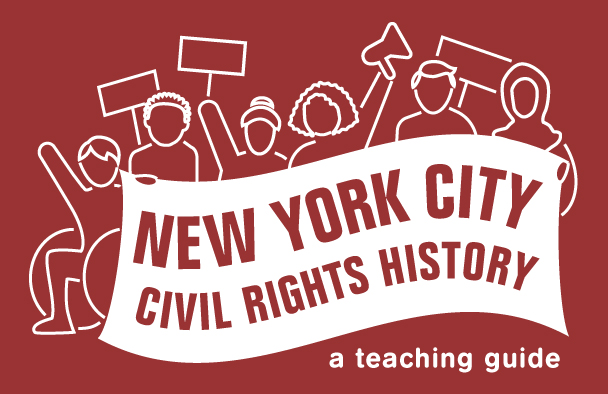Dr. King on the School Boycott Concept
People In Action The School Boycott Concept By DR. MARTIN LUTHER KING JR. (President, Southern Christian Leadership Conference)
In recent weeks, with increasing persistence, news media personnel and many friends of the nonviolent movement have raised what I believe to be sincere questions about the school-boycott concept. The query usually hinges on whether boycotting schools is the “wise approach” to combat the continued existence of de facto school segregation as it exists in many Northern communities.
Let me say at the beginning that I heartily endorse the school boycott concept. It is, to me, one of the most creative nonviolent methods developed to date on the Northern scene to dramatize the intolerable conditions that are the results of de facto segregation in the public schools. The school boycott concept in practice hasproved very effective in uncovering the injustice and indignity that school children in the Negro-Puerto Rican minority community face.
More than anything else, it has unveiled the naked truth that segregation and discrimination are not inherently sectional problems. There is no quarter of this nation that can boast entirely of clean hands on the matter of racial justice. School boycotts have punctured the thin veneer of the North’s racial self-righteousness. In short, the school-boycott concept is legitimate because it is nonviolently creative, dramatic and powerful.
One of the chief reservations expressed in reference to the school boycott is that “children ought not be involved in an adult problem.” The disciples of pessimism voiced this same sentiment during the mass protest in Birmingham. Our answer rationale remains exactly the same: Children of this generation stand to be the ones most affected by the system and for the longest period of time. If they are to bear the scars of an unjust and immoral society, they have a legitimate right and duty to participate in the process that can potentially free them from the blight of a segregated society. The leading psychologists in our nation are in unanimous agreement that the system of segregation has a negative effect on both the white man and the Negro. It erroneously gives to the segregated a false sense of inferiority and to the segregator a false sense of superiority. The argument that children should not bear the brunt of the struggle which holds promise of brightening all their tomorrows, is shallow, at best.
There are others who argue that the school boycotts will possibly alienate some of our allies in the struggle. They offer the weak apology that with “all the progress” that has been made, the school boycotts have a quality of “untimeliness.” This was the character of some of the dissent surrounding the school boycott earlier this year in New York City. The truth of the matter is that it is not untimeliness at all-rather, it is only the reaping of the harvest of past apathy to tragic conditions that were allowed to exist without any serious concern. Two years prior to the boycott, community leaders and agencies called to the attention of the city fathers the deep entrenchment of de facto segregation in public education. Yet, with ample forewarning of community discontent, at the time of the first boycott this year, school statistics revealed that 43% of all elementary and Jr. high schools had a marked racial imbalance. What more creative recourse could be found to shake the world’s largest city out of its lethargy on so critical a moral and social issue than the school-boycott concept?
An final word might be said to protect the usefulness of this creative device. We must always guard against the indiscriminate use of this or any nonviolent technique. The school-boycott is a technique used best at the most strategic and dramatic moment and is properly applied only when the aggrieved parties have exhausted all attempts at satisfactory conciliation. Utilized within this frame of reference, the school-boycott concept will prove in the days to come to be one of the most effective ways to eliminate the high incidence of de facto school segregation in the North. The results that it can achieve will make hollow the present harsh criticism that seeks to invalidate its justification and its legitimacy.
